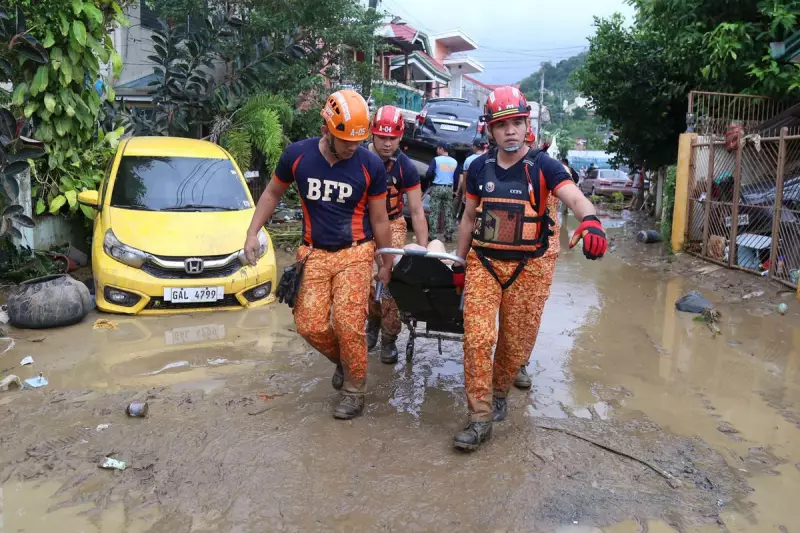
In a dramatic standoff that pits economic development against environmental preservation, the pristine archipelago of Palawan has become the latest battleground in the Philippines' ongoing conservation struggle. This tropical paradise, often hailed as the country's last ecological frontier, now faces an uncertain future as reclamation projects threaten to reshape its legendary coastline.
The Frontlines of Conservation
Environmental activists and local communities are mounting fierce resistance against what they describe as destructive development initiatives. Palawan's unique ecosystem, home to UNESCO-declared biosphere reserves and some of the world's most biodiverse marine habitats, stands directly in the path of proposed construction projects that would see large sections of coastline transformed.
Manila's Controversial Ambitions
The conflict extends beyond Palawan to the bustling capital, where Manila Bay has already witnessed extensive reclamation work. Critics argue these projects prioritize commercial interests over environmental sustainability, potentially causing irreversible damage to marine ecosystems and coastal communities.
"We're witnessing a systematic assault on our natural heritage," one conservationist stated, highlighting the tension between economic ambitions and ecological preservation that defines the current administration's development strategy.
Global Significance of Local Action
The outcome of this confrontation carries implications far beyond Philippine shores. As climate change accelerates and biodiversity declines worldwide, the fight for Palawan represents a microcosm of larger global struggles balancing development with environmental stewardship.
With both sides digging in their heels, the future of one of the Pacific's most celebrated natural wonders hangs in the balance, serving as a crucial test case for sustainable development in ecologically sensitive regions across Southeast Asia.





